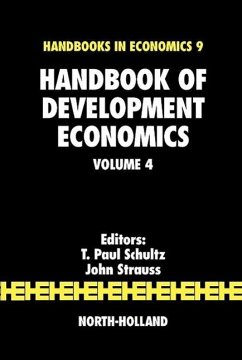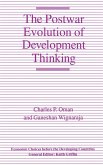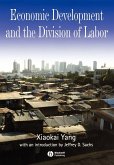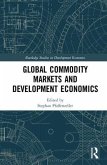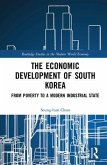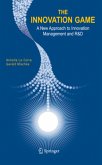The field of development economics has evolved since volume 3 of the Handbook of Development Economics was published more than a decade ago. Volume 4 takes stock of some of the newer trends and their implications for research in the field and our understanding of economic development.
The handbook is divided into four sections which reflect these developments, of which the first deals with agricultural and rural development. Section two is concerned with developments in the theory and evidence regarding public goods and political economy. The third section is focused on the behavior of households and individuals regarding various aspects of human capital investments, in the face of the various constraints, particularly market incentives and public goods. The final section contains papers that describe the different methods now available, both experimental and non-experimental, to conduct program evaluations, as well as describing papers that implement these methods.
The authors of the chapters are all experts in the fields they survey and extend, and this volume promises to be an invaluable addition to the Handbooks in Economics series and a useful reference to graduate students, researchers and professionals in the field of development economics.
_ Presents an accurate, self-contained survey of the current state of the field.
_ Summarizes the most recent discussions in journals, and elucidates new developments.
_ Although original material is also included, the main aim is the provision of comprehensive and accessible surveys.
The handbook is divided into four sections which reflect these developments, of which the first deals with agricultural and rural development. Section two is concerned with developments in the theory and evidence regarding public goods and political economy. The third section is focused on the behavior of households and individuals regarding various aspects of human capital investments, in the face of the various constraints, particularly market incentives and public goods. The final section contains papers that describe the different methods now available, both experimental and non-experimental, to conduct program evaluations, as well as describing papers that implement these methods.
The authors of the chapters are all experts in the fields they survey and extend, and this volume promises to be an invaluable addition to the Handbooks in Economics series and a useful reference to graduate students, researchers and professionals in the field of development economics.
_ Presents an accurate, self-contained survey of the current state of the field.
_ Summarizes the most recent discussions in journals, and elucidates new developments.
_ Although original material is also included, the main aim is the provision of comprehensive and accessible surveys.
"This volume is a timely addition to an enormously successful and influential Handbook. The contributors, all leaders in the field, guide the reader to the frontier of knowledge on their topic. It will be an important resource for years to come."
Timothy Besley, London School of Economics
"Over the past 20 years since the publication of Volume 1 of the Handbook of Development Economics, successive installments have fundamentally shaped the discipline and laid down the research agenda. Volume 4 continues this great tradition with seminal contributions which range from entirely new fields such as project evaluation and randomized evaluations, to core topics such as health and family economics and agrarian economies. This will be an indispensable tool for every scholar and student of development economics."
James Robinson, Harvard University
Timothy Besley, London School of Economics
"Over the past 20 years since the publication of Volume 1 of the Handbook of Development Economics, successive installments have fundamentally shaped the discipline and laid down the research agenda. Volume 4 continues this great tradition with seminal contributions which range from entirely new fields such as project evaluation and randomized evaluations, to core topics such as health and family economics and agrarian economies. This will be an indispensable tool for every scholar and student of development economics."
James Robinson, Harvard University

